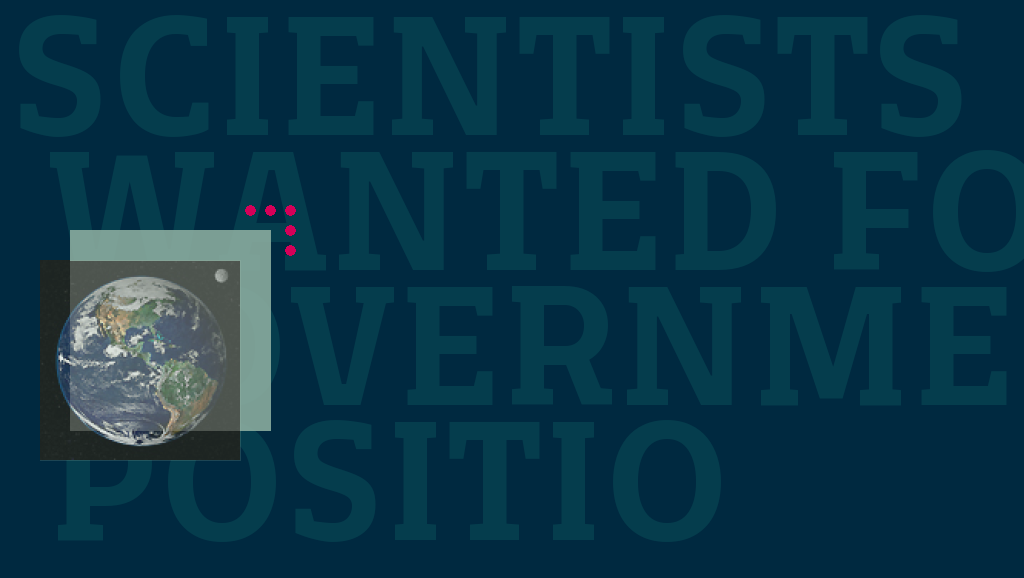In August the New York Times published an interesting article entitled “Group calls For Scientists to Engage The Body Politic“. The article tells the story of a small bi-partisan group of politicians that believe that governance would improve if more scientists ran for (and won) office in governmental positions.
The author Cornelia Dean describes the pitiful state of the average US citizen’s knowledge of scientist names and research interests before addressing the fact that very few run for public office because many see the kind of diversion from their scientific work that politics brings as not only a waste of time but in some way denigrating to real science.
Obviously the group members claim that engineering and science literate governors would make better engineering and science decisions, and the author goes on to describe the current make up of congress and the senate in terms of professionally trained scientists. There is currently only one experienced scientist in the US legislature. Political Graveyard also contains a much longer historical list of scientists that have participated in US public life or held public office over the last century.
This problem however is not only to be found in the US. The Adaptive Radiation blog also takes an interest in the topic and offers an obviously non exhaustive list of scientists that have reached the highest positions in world politics, from Angela Merkel to Stephen Chu and Margaret Thatcher.
This underrepresentation is also present in the UK and one scientist is trying to address the lack of representation by standing to become an MP. Michael Brooks is the founder of the Science Party and stood in the last general election although without winning. He describes why more scientists are needed in this article on the Royal Society for Chemistry website.
A lack of scientific participation is not however felt within every government. The Chineese government boasts a much larger representation of scientists. In this recent article by Peter Murray published on Singularityhub the author describes how ‘eight out of china’s top 9 government officials are scientists’, and goes on to describe the effect upon society and politics of such a high scientific representation in politics.
The effects can first be seen at school. In a recent study conducted by the Program For International Student Assesment (2010) Chinese students are ranked number 1 in science, maths and reading, and are attending the finest academic institutions in the world on mass.
The role that public funded scientitsts play in government is addressed by an organization called Defending Science. Their website outlines their aims and objectives regarding the rights and obligations that government employed scientists must uphold, arguing that their role is extremely important for democracy. As we have argued several times on this site political and personal decisions are made based upon an individual’s or society wide understanding of the problem addressed and the scientific and ethical issues behind it. The Defending Science organization states that amongst other things scientific advisors must be indipendent, impartial and free to express their own opinions if democracy is to be upheld.
One criticism made of the current system however is that a lot of information travels through non scientific hands, and political decisions are made about what should be passed on up the political line and to whom, the fact of having a scientist lower down in the heirachy does not guarantee a flow of information to the top.
Another issue that is hot in the press in the US are future cuts in spending imposed by the hard fought budget agreement made last month in order to avoid a possibly catastrophic national default. Science research alongside many other areas of public spending will suffer cuts, possibly not so drastic in the next 2 years, but the agreement leaves the question of the degree of such cuts in the future in the air. The wording is rather ambiguous allowing politicians the power and need to negotiate and renegotiate budgets after 2013. Some might argue that a political elite full of scientists might be able to effect these cuts in a more targeted way, having some understanding of the actual science that they are dealing with, avoiding the closure of some of the most advanced but high cost projects that are currently under threat here in the US.
Or is a scientific decision a scientific decision and a political decision just that?
Or is a political decision just that, a political decision, even if made by a scientist?
—————-
photo: Earth from Space by NASA Goddard Photo and Video, from Flickr.
















